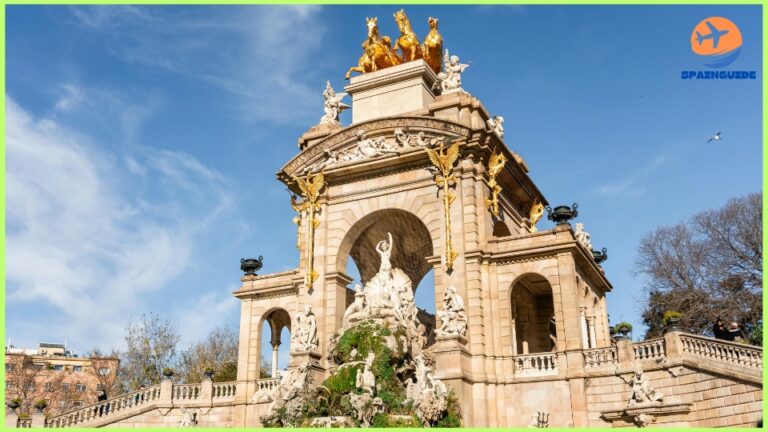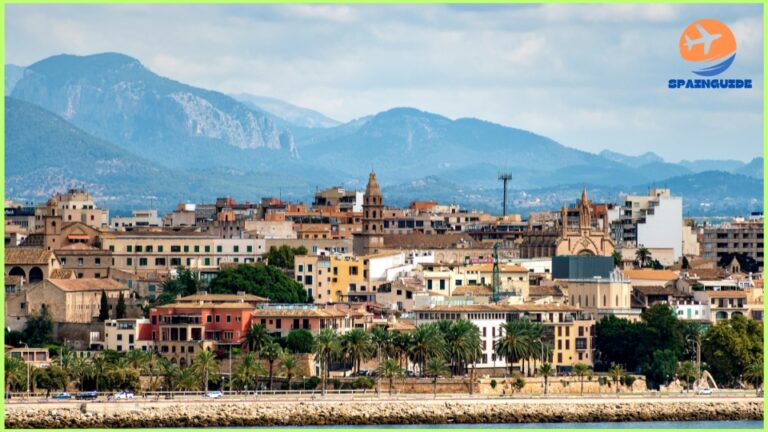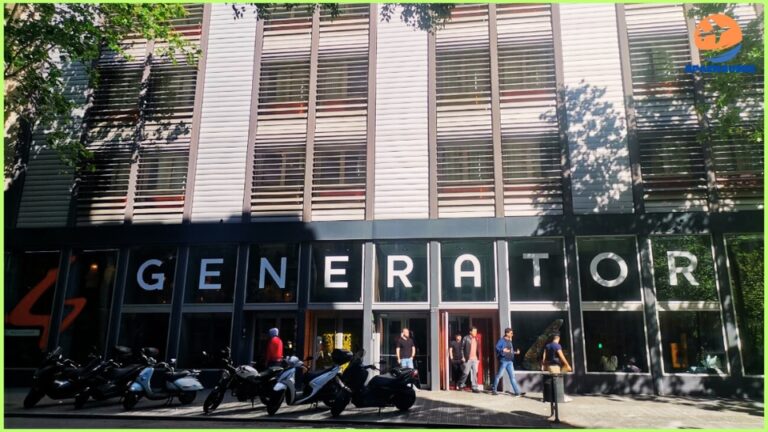Exploring Spain’s Rich Tapestry of Experiential Tourism
Spain has emerged as a popular destination for experiential tourism due to its vibrant culture, diverse landscapes, and rich history. Travelers are increasingly looking for immersive and authentic experiences that go beyond the usual tourist trappings. This article delves into the unique and enriching experiences that Spain has to offer those seeking a deeper connection with the country.
Culinary Adventures:
One of the highlights of experiential tourism in Spain is the culinary journey it provides. From the bustling markets of Barcelona to the quaint villages of Andalusia, food enthusiasts can indulge in a gastronomic adventure. Cooking classes, food tours, and visits to local wineries offer travelers an opportunity to savor the authentic flavors of Spanish cuisine while learning about the regional variations and culinary traditions.
Flamenco Immersion:
Flamenco, a passionate and expressive form of Spanish music and dance, is an integral part of the country’s cultural heritage. Experiential tourists can immerse themselves in the world of Flamenco by attending live performances, taking dance lessons, or even visiting the birthplace of Flamenco in the southern region of Andalusia. These encounters provide a deeper understanding of the art form’s history and significance in Spanish culture.
Eco-Friendly Retreats:
For those seeking a more sustainable and eco-conscious travel experience, Spain offers a plethora of eco-friendly retreats. From eco-lodges nestled in the mountains to sustainable vineyard stays, travelers can connect with nature while minimizing their environmental impact. These retreats often emphasize responsible tourism practices and offer activities such as hiking, bird watching, and organic farming experiences.
Historical and Cultural Immersion:
Experiential tourists can go beyond the standard sightseeing and engage in immersive historical and cultural experiences. Guided tours by local historians, visits to lesser-known historical sites, and participation in traditional festivals provide a holistic understanding of Spain’s multifaceted heritage.
Rural Homestays:
To truly experience the warmth and hospitality of the Spanish people, travelers can opt for rural homestays. These accommodations, often located in charming villages, allow visitors to live with local families, participate in daily activities, and gain insights into the community’s way of life. This intimate experience fosters cultural exchange and creates lasting memories for the adventurous traveler.
Coastal Excursions:
Spain has a beautiful coastline along the Mediterranean and Atlantic, offering plenty of opportunities for coastal adventures. Experiential tourists can enjoy pristine beaches, water sports such as surfing and sailing, and charming seaside villages. Coastal regions such as the Costa del Sol and Costa Brava provide the ideal balance of relaxation and adventure, allowing visitors to connect with the sea while also enjoying the laid-back Spanish coastal lifestyle.
Encounters with the Arts:
Throughout history, Spain has inspired countless artists, from painters like Salvador Dal to architects like Antoni Gaud. Visits to iconic art museums such as the Prado in Madrid are part of experiential tourism in Spain, but it also includes more immersive experiences. Travelers can visit art studios, and workshops, and even participate in street art tours in vibrant neighborhoods, gaining firsthand knowledge of the dynamic and evolving art scene in cities such as Barcelona and Valencia.
Festive Occasions:
Spain is well-known for its vibrant and colorful festivals, each with their own set of traditions and cultural significance. Visitors seeking an authentic experience can time their visit to coincide with events such as La Tomatina in Buol or the Running of the Bulls in Pamplona. Participating in these festivals allows visitors to immerse themselves in the festive atmosphere, connect with locals, and gain a better understanding of Spain’s festive spirit.
Language and Educational Experiences:
Spain is an ideal setting for immersive language learning experiences for those looking to improve their language skills. Courses that combine classroom instruction and real-world interactions are available at language schools in cities such as Barcelona, Granada, and Salamanca. This method allows visitors to not only learn Spanish but also practice it in real-life situations, making their stay in Spain both educational and culturally enriching.
Spain’s allure as an experiential tourism destination grows, with a tapestry of diverse and immersive encounters. Spain invites travelers to go beyond the surface and embrace the richness of its culture, history, and natural beauty, whether it’s savoring the flavors of paella in Valencia, dancing to the rhythm of Flamenco in Seville, or exploring the picturesque countryside. Spain is a beacon for those seeking authentic and transformative travel experiences in the realm of experiential tourism.







